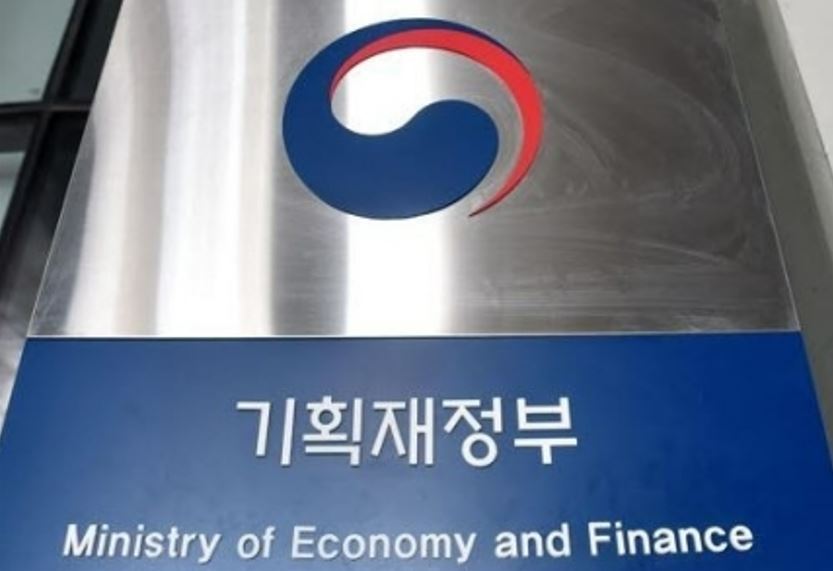 |
Signboard of the Finance Ministry in the nation’s administrative city of Sejong (Yonhap) |
SEJONG -- The Yoon Suk-yeol administration on Thursday unveiled a new batch of measures aimed at revamping the taxation system, including expanding corporate tax breaks and relieving the tax burden on individuals. It is the first time in 15 years for the government to push to cut income taxes to support middle- and low-income people.
To encourage companies to invest and create more jobs, the government plans to slash the corporate tax ceiling to 22 percent of earnings from the current 25 percent. Salaried workers are to enjoy a yearly income tax cut up to 800,000 won ($610) per individual, the ministry said, adding that the bill is set to be submitted to the National Assembly before Sept. 2.
State tax revenue is projected to decline by 13 trillion won over the next five years, officials said.
Other measures included lowering the rate of the comprehensive real estate holding tax. The tax is imposed on owners of multiple homes that are worth more than 600 million won combined. The government plans to raise the base for taxation to 900 million won from next year.
The government will also raise the taxation base for people owning one home from the current 1.1 billion won to 1.2 billion won.
Lowering housing-related taxes was a key campaign pledge for Yoon, as his predecessor, the liberal-leaning Moon Jae-in government, was hit with strong public criticism for trying to tame market prices by raising the tax. Moon’s measures failed, leaving many people to face heavier tax burdens due to soaring home prices.
As for corporate tax measures, the government will also ease the double taxation burden of businesses operating at home and abroad in an attempt to prevent them from setting aside overseas income in foreign countries.
To promote corporate investments, the administration has decided to provide conglomerates with added tax deductions of 2 percentage points if they invest in national strategic segments, such as semiconductors, batteries and vaccines.
Venture startups will see tax deductions -- under a current special law -- extended by three more years. Tax will be exempted for inherited shares worth less than 100 billion won only when such assets are transferred with the aim of management succession. Currently, the deduction on inheritance tax is applied on shares worth under 10 billion won.
The government also unveiled benefits for foreign employees to attract more top talent to the country. While foreign workers enjoy tax deductions for the first five years from the date they begin work here, the government will abolish the period limit under the new measures. The administration will also extend the support period for foreign engineers with specialized expertise, under which the period of income tax deductions by 50 percent will go up to 10 years, from the current five.
It will also carry out tax reforms in the capital market. To lower the barrier for majority shareholders, a capital gains tax of 0.2 percent will be levied on those who hold stocks in a company worth 10 billion won or more, from the current 1 billion won or more, starting from Jan. 1, 2023.
The stock trading tax, which is currently set at 0.23 percent, will be slashed to 0.2 percent in 2023 and 0.15 percent in 2025.
The government also plans to cut income taxes on severance pay for retirees in proportion to how long they have worked, said the Finance Ministry.
By Kim Yon-se (
kys@heraldcorp.com)








